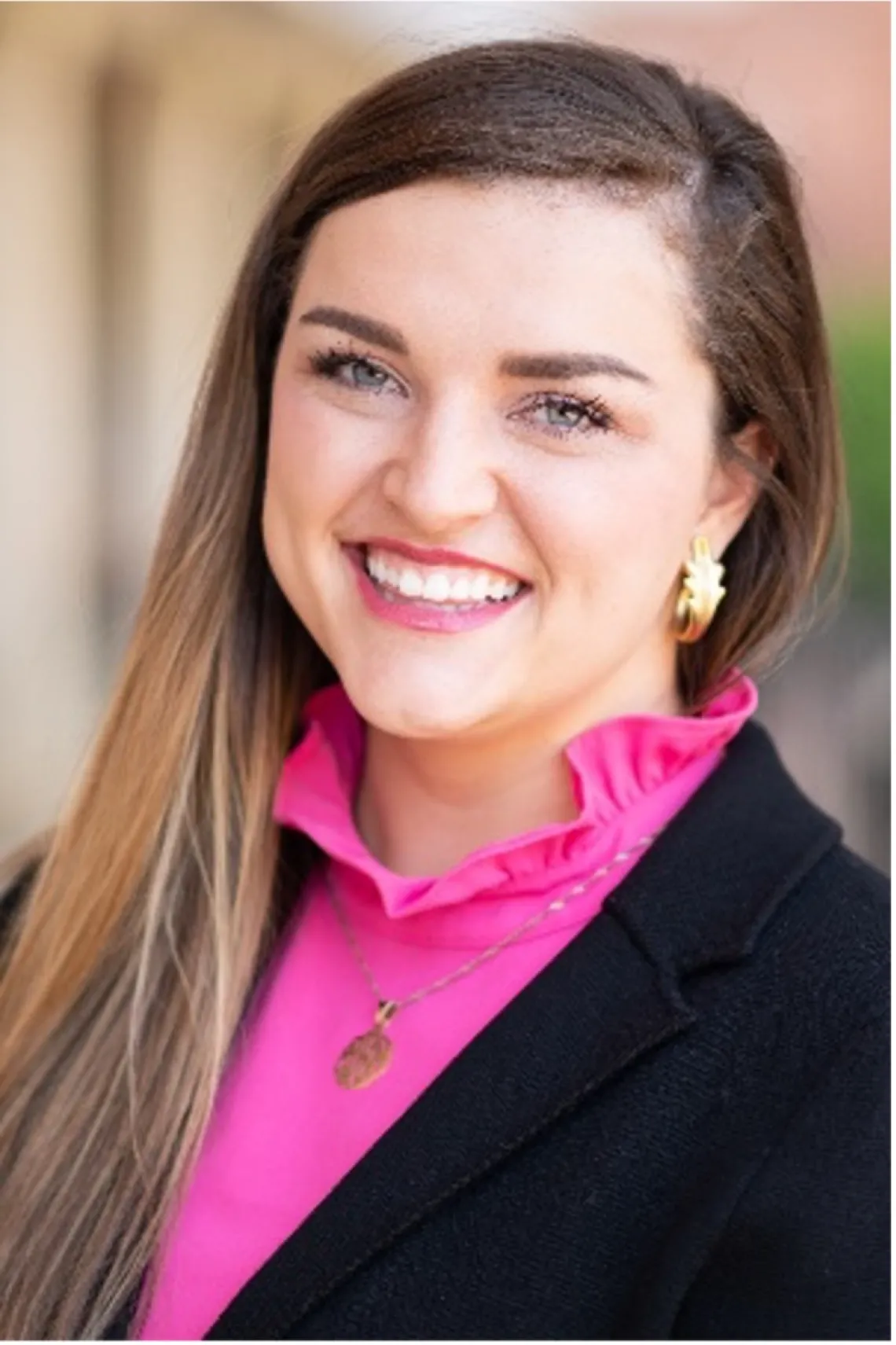Udall Center welcomes Dr. Meredith Hovis as Stakeholder Engagement Postdoc

The Udall Center is excited to welcome Dr. Meredith Hovis as its newest Postdoctoral Research Associate. Dr. Hovis will be researching best practices and effective methods of stakeholder engagement as it relates to several projects and case studies across the Center’s research portfolio.
Dr. Hovis brings a wealth of academic experience in areas such as natural resource management, policy and economics, disaster and community resilience, and hazard mitigation. She received an MS in Natural Resources and a PhD in Forestry and Environmental Resources from North Carolina State University in Raleigh, NC. Her dissertation research seeks to help rural communities mitigate the impacts of flooding in Eastern North Carolina. Hovis helped name the line of work “FloodWise,” which is a pilot program that would assist rural communities financially and technically in adopting nature-based solutions. Her work with assessing the costs, revenues, and cost-share payments for FloodWise was recently published in Nature-Based Solutions. In this work, she has worked with local community members, including members of the Lumbee Indian Tribe in Robeson County, NC, through community outreach and engagement efforts.
Additionally, Dr. Hovis is the former Executive Director of the Southeast and Caribbean Disaster Resilience Partnership, where she collaborated with a diverse network of stakeholder groups in the U.S. Southeast states and Caribbean territories and nations to share best practices and insights on disaster and community resilience and climate adaptation strategies in the region.
During her time at the Udall Center, Hovis will work with a diverse, interdisciplinary group of researchers on a variety of projects to research and strengthen the Center’s engagement efforts with stakeholders and community members. As a land grant university, one of the core missions of the University of Arizona is to directly improve the livelihoods of the residents of Arizona and the surrounding region, making residents here one of our main stakeholders—and there is no better way to ensure we’re on the right path than by directly engaging with them in productive and equitable ways.

